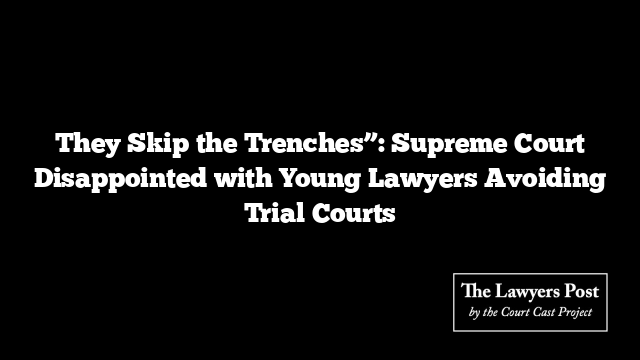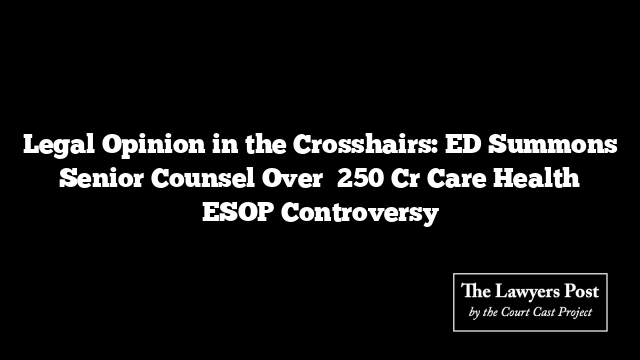The Supreme Court, in a moment of candour and concern, expressed frustration over a trend it finds increasingly troubling: fresh-faced lawyers bypassing the trial courts—what the Court sees as the real school of legal practice.
“The whole trouble with this generation is that they don’t want to go to the trial court to learn the practice,” Justice SVN Bhatti remarked, in what felt less like a courtroom observation and more like an old-school professor lamenting lost discipline.
The comment came during the hearing of a parole petition in Ajay Kumar v. State of Uttar Pradesh, where a convict serving a decade-long sentence under the POCSO Act sought parole on humanitarian grounds. His appeal is still pending before the Allahabad High Court.
The petitioner’s lawyer told the Bench—comprising Justices Bhatti and Prasanna B Varale—that parole had earlier been granted in September 2024 for his wife’s surgery. But the surgery didn’t happen due to her low haemoglobin count. It’s now rescheduled for June 16, and the couple’s young children would need support during her recovery.
Though the Court ultimately granted parole—from June 15 to June 21—it wasn’t without rebuke. The judges reminded the counsel that he hadn’t followed due process. A request should have been first made to the competent administrative authority. Worse, the State counsel had not even been informed beforehand.
“First apply before the authorities, convince them of the pressing reason, and obtain parole,” the Bench reiterated, treating the lapse as a textbook example of how procedural fundamentals are being skipped—a recurring theme in the Court’s broader disapproval of the new generation’s approach.
Even when the lawyer requested a two-week parole instead of one, Justice Bhatti quipped that the order was passed only due to the insistence of his brother judge—indicating he’d have dismissed it otherwise.
When asked if the petitioner could apply for an extension during the granted parole period, the Court clarified: yes, go to the authorities. And, if need be, return to us.
The case was adjourned till after June 25. But the Court’s larger takeaway was clearly directed beyond this one lawyer—an open reminder that legal acumen isn’t built in appellate courtrooms, but in the daily grind of the trial court.





